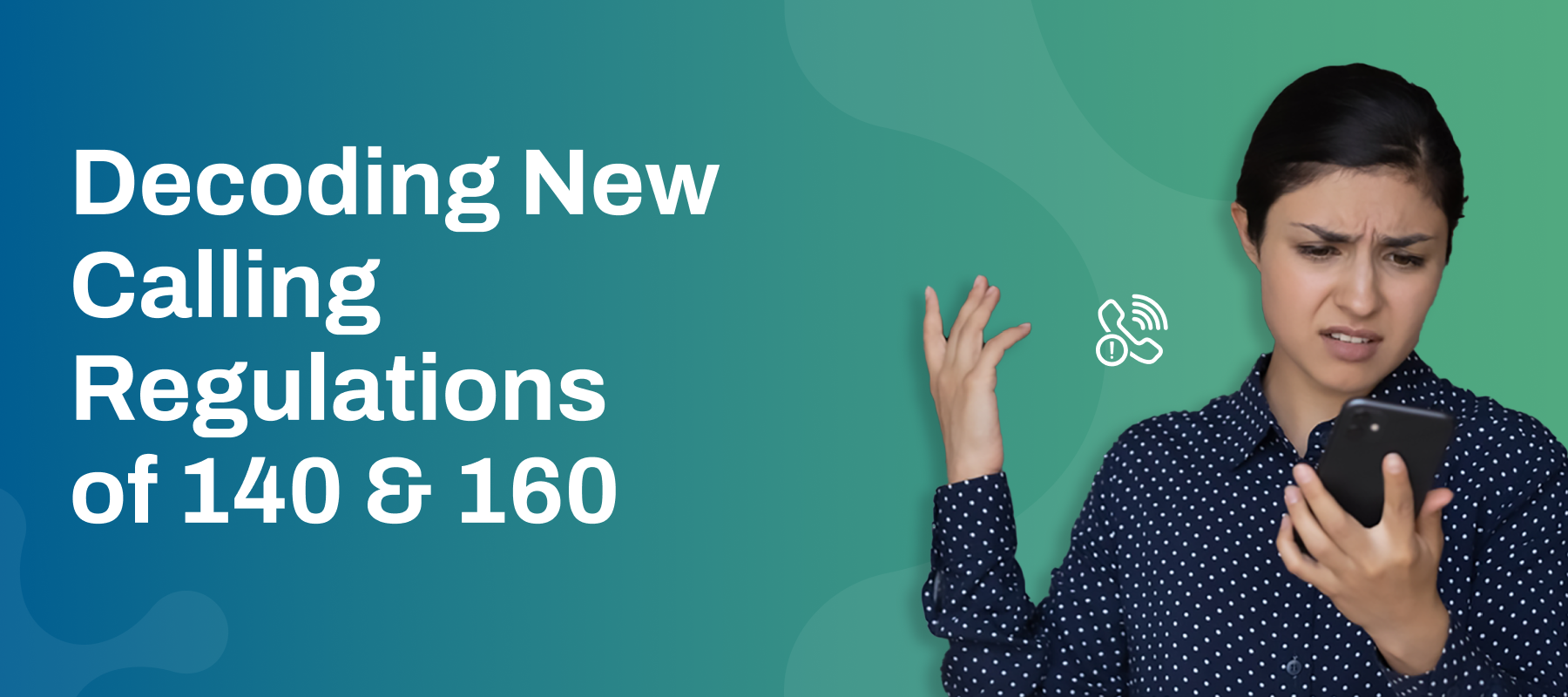Chatbots vs. Search Engines: Key Differences
While both chatbots and search engines aim to provide users with information, they do so in fundamentally different ways. Chatbots are designed to offer personalized, conversational responses, often excelling in tasks that require subjective judgment, advice, or prediction of consequences. In contrast, search engines are optimized for retrieving relevant results based on specific keywords and phrases, making them ideal for quick information retrieval. Understanding these differences can help businesses leverage each tool effectively to enhance customer engagement and satisfaction.
The Rise of AI-Driven Interactions
The evolution of online search has been remarkable since the commercial launch of search engines in the 1990s. Back then, the internet was a less crowded space, and finding the right information required precise keyword input. Fast forward to 2025, search engines like Google have transformed the landscape, offering users a plethora of results with just a few relevant keywords.
Chatbots or Search Engines?
The rise of Artificial Intelligence (AI) and intelligent computing is poised to redefine how we interact with information. The ambition to create machines that emulate human thought has been a driving force in AI since the 1950s, with the Turing test serving as a benchmark for machine intelligence. Today, chatbots are at the forefront of this AI-driven transformation.
Why the Hype on Chatbots?
A chatbot is a program designed to simulate conversation using AI techniques such as Natural Language Processing (NLP), image and video processing, and audio analysis. Chatbots are increasingly prevalent on platforms like Facebook Messenger and WeChat, offering consumers a novel way to engage with brands. While still developing, chatbots promise a future where interaction is seamless and intuitive.
For instance, a recent Deloitte report highlights that from July 2023 to December 2024, conversational UI startups have secured over $500 million in funding. Additionally, 35% of global consumers have used in-app chat for banking services like account activation and balance checks. This growing interest in chatbots is driving companies to adopt them for internal and B2B applications, enhancing productivity and efficiency across various enterprise functions.
The Era of Chatbots
Chatbots can be categorized into two main types:
- App-Integrated Bots: These bots operate within specific applications, automating user interactions with the app. This model is ideal for platforms with a substantial user base.
- Messenger Bots: These bots function within messaging apps that support bot integration, such as Facebook Messenger and WeChat. By 2025, messaging apps have surpassed social networks in monthly active users, indicating a shift towards service-oriented chat applications.
Chatbot Use Cases
In today’s global market, customers demand 24/7 service and personalized experiences. Chatbots are increasingly utilized in contact centers to bridge the gap between expected and delivered customer experiences. For example, Coca-Cola experienced a 40% reduction in call volume after implementing virtual assistants with chat capabilities.
Prominent chatbots include:
- Instalocate: A Facebook Messenger bot that tracks flights and notifies travelers of delays.
- Meekan: A Slack bot for cross-vendor calendar scheduling, facilitating seamless connections.
- Foxsy: A matchmaking bot on Facebook Messenger, helping users find meaningful connections.
The Role of AI in Enhancing Customer Experience
AI-driven chatbots and search engines both play crucial roles in enhancing customer experience, but they do so through different mechanisms. Chatbots, with their ability to engage in natural language conversations, provide a more interactive and personalized user experience. They are particularly effective in scenarios requiring real-time assistance and personalized recommendations. On the other hand, AI-enhanced search engines offer rapid access to a vast array of information, supporting users in making informed decisions quickly. By integrating both technologies, businesses can create a seamless, context-aware communication experience that meets diverse customer needs and drives business growth.
The Future of Search Engines and Chatbots
The debate over chatbots versus search engines continues to engage industry experts. While chatbots offer personalized, conversational interactions, search engines remain a go-to for quick information retrieval. The potential of chatbots lies in their ability to drive business value and create new opportunities. As AI technology advances, the integration of chatbots into everyday interactions will likely become more prevalent, offering businesses a competitive edge in customer engagement.
Conclusion
In conclusion, while chatbots hold significant promise, their success hinges on delivering tangible business value. As enterprises continue to explore AI-driven solutions, the balance between chatbots and search engines will evolve, shaping the future of digital interactions. By understanding the unique strengths of each tool, businesses can strategically implement them to enhance customer experiences and drive growth.
Frequently Asked Questions
- What is the difference between search and chatbot? The key difference between search engines and chatbots is that chatbots are designed to provide personalized responses and engage in conversation, while search engines are designed to provide relevant results based on specific keywords and phrases.
- What’s the difference between chatbot and Google? AI chatbots perform much better than search engines on issues that require subjective judgment, advice, or prediction of consequences. The strengths of AI chatbots are speed, convenience, and the ability to generate responses in natural language – written or spoken.
- What is the difference between search engine and ChatGPT? ChatGPT offers users a conversational AI interface, where users ask questions in a more back-and-forth approach. When engaged with Google’s traditional search engine, users type in terms and don’t have conversation interactions with the search engine.
- Is it possible to use a Chatbot instead of a Google search engine? A chatbot is an AI program designed to stimulate conversation with a human, and some chatbots can be integrated with Google search results.
Why aren’t chatbots replacing search bars? While site search and chatbots function very differently, they both aim to help your site visitors. Chatbots are more conversational, whereas search bars provide direct search results based on keywords.
 +91-808 8919 888
+91-808 8919 888 +91-808 8919 888
+91-808 8919 888 +966 135 181 912
+966 135 181 912




